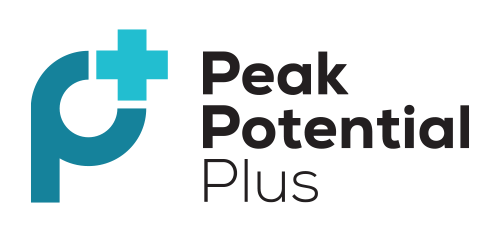Introduction
In the relentless hustle of the modern work culture, where being constantly connected feels like the norm, it’s crucial to explore the underestimated necessity of downtime. Let’s delve into the science and art of unplugging for our well-being.
The Science Behind Downtime
Our brains, intricate as they are, need a break. Understanding the neuroscience behind downtime is like discovering the secret sauce for optimal cognitive function. Prolonged work without adequate rest can be a one-way ticket to cognitive burnout.
Have you ever felt mentally foggy after a marathon of tasks? That fog is a sign from your brain, signaling the need for a pause. Downtime isn’t a luxury; it’s a biological imperative.
Downtime and Creativity
Ever wonder why the “aha” moments strike when you least expect them? That’s the magic of downtime fueling creativity. Realizing the connection between relaxation and creative thinking is like unlocking a treasure chest of innovative ideas.
Think of downtime as the incubation period for your brain’s most brilliant ideas. It’s during these moments of mental ease that the mind can freely connect the dots, giving birth to fresh perspectives and ingenious solutions.
The Physical Toll of Overworking
Picture stress hormones as little troublemakers wreaking havoc in your body. The physical toll of overworking is no joke. It’s not just about mental fatigue; it’s about preventing your body from sounding the burnout alarm.
Your body is a finely tuned instrument, and overworking is like playing an intense symphony without intermissions. Eventually, the strings start to fray, and the melody becomes discordant. Downtime is the intermission your body craves.
Balancing Productivity and Rest
In the race for constant productivity, the paradox is that less can sometimes mean more. Discovering the sweet spot between output and rest involves embracing the idea that short breaks aren’t signs of slacking but pathways to sustained productivity.
Consider downtime as a strategic pit stop in the Grand Prix of work life. It’s not a detour; it’s a well-calculated move to ensure your performance remains top-notch throughout the race.
Quality vs. Quantity: Achieving More with Less
Working smart over working hard isn’t just a cliché—it’s a mantra for success. It’s about optimizing your efforts, making every moment count. Downtime isn’t a hindrance; it’s a catalyst for achieving more with less.
Downtime is the silent partner in the productivity dance. It’s not about clocking in endless hours; it’s about making those hours count, ensuring that each moment contributes meaningfully to your goals.
Digital Detox: Disconnecting for Mental Well-being
Unplugging from the digital realm isn’t just about logging off; it’s a journey toward mental rejuvenation. Setting boundaries in the digital landscape is akin to creating a haven for your well-being in the virtual world.
Consider a digital detox as a spa day for your mind. It’s a chance for your brain to cleanse itself from the constant influx of information and notifications, allowing it to breathe and recalibrate.
Hobbies and Interests: Fueling the Mind
Downtime isn’t just about idleness; it’s about pursuing what lights up your passion. Hobbies aren’t mere distractions; they’re the fuel that powers your mind, enhancing creativity and overall life satisfaction.
Your hobbies are the colors on your life’s palette. Ignoring them is like painting in grayscale when you have a vibrant spectrum at your disposal. Downtime spent indulging in your interests is an investment in your holistic well-being.
Social Connections and Downtime
While work relationships are essential, nurturing connections beyond the office walls is equally crucial. Downtime is the glue that strengthens your social fabric, reducing stress and fostering a sense of community.
Imagine downtime as the communal feast of life. It’s where bonds are forged, stories are shared, and the warmth of human connection becomes a soothing balm for the challenges of the workday.
Nature and Its Restorative Powers
Mother Nature, with her calming embrace, holds the key to rejuvenation. Downtime spent in nature isn’t just leisure; it’s a restorative therapy that resets your mental and emotional compass.
The natural world is the ultimate antidote to the artificial demands of modern work. It’s a sanctuary where the rustle of leaves and the chirping of birds drown out the cacophony of deadlines, offering a serene backdrop for mental renewal.
Conclusion
In a world that glorifies constant motion, recognizing the profound importance of unplugging from work becomes a radical act of self-care. It’s not about escapism; it’s about recalibrating, finding the rhythm that harmonizes productivity with well-being. So, embrace the pause—your brain and body will thank you for it. Remember, in the symphony of life, downtime is the restful note that makes the melody complete.




















